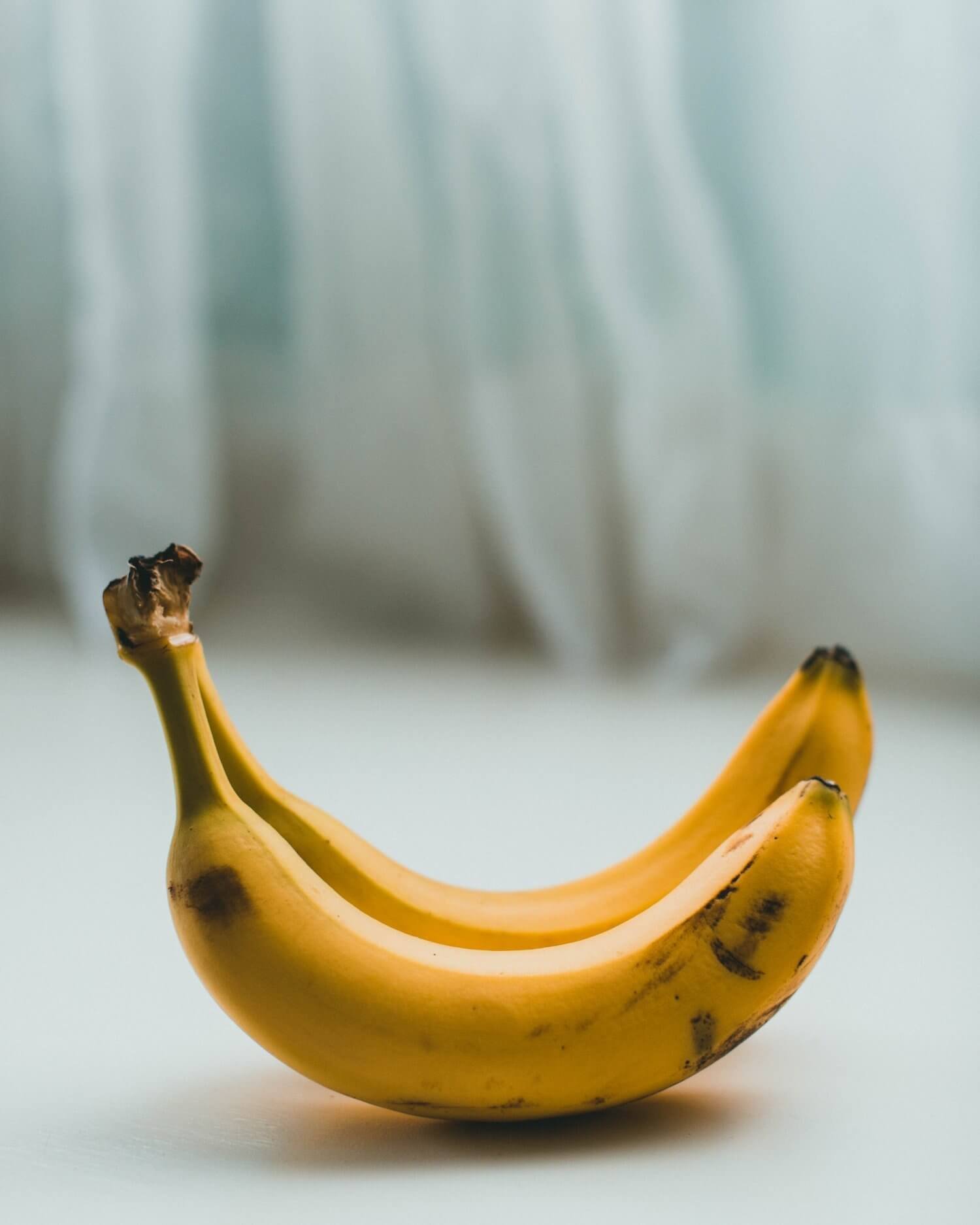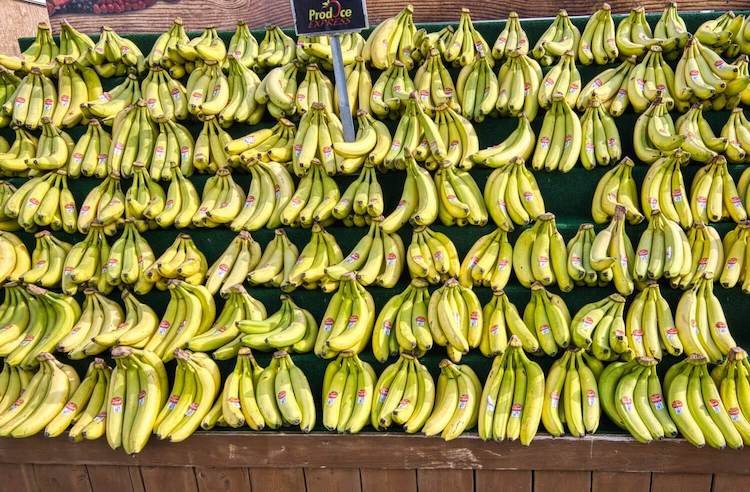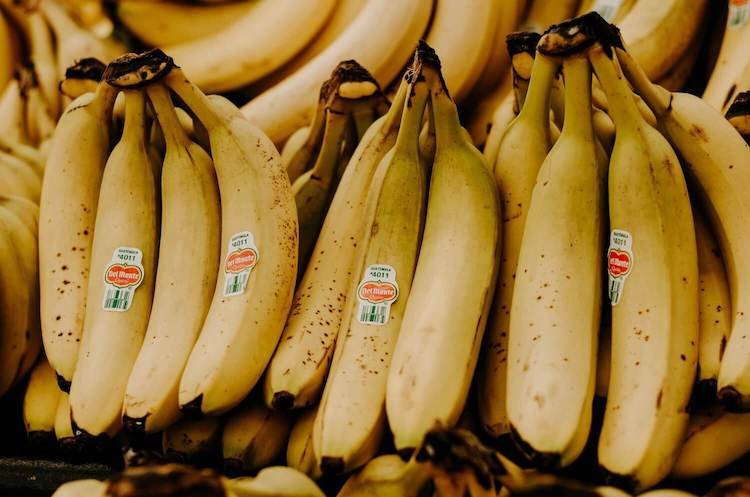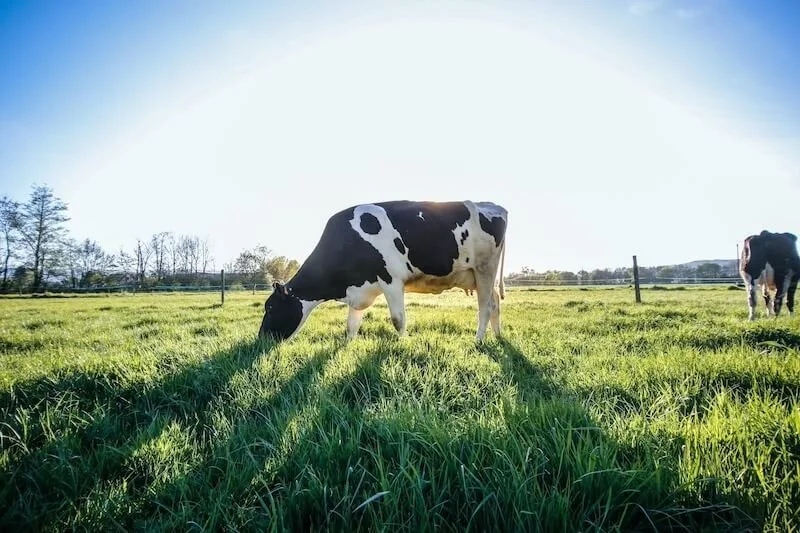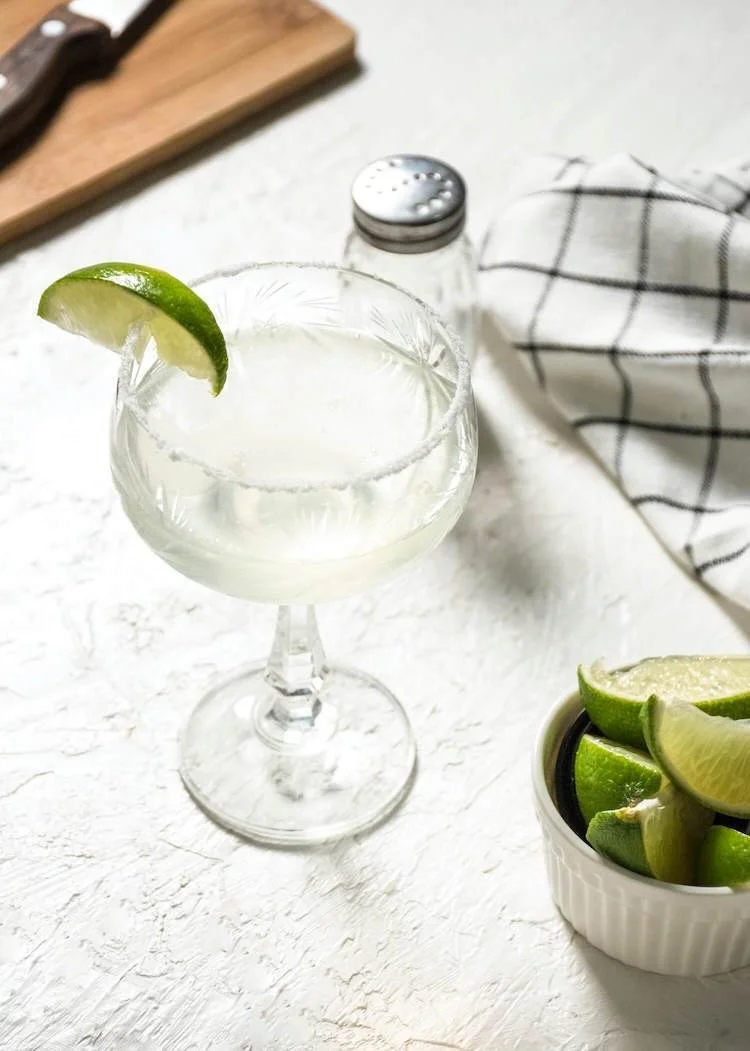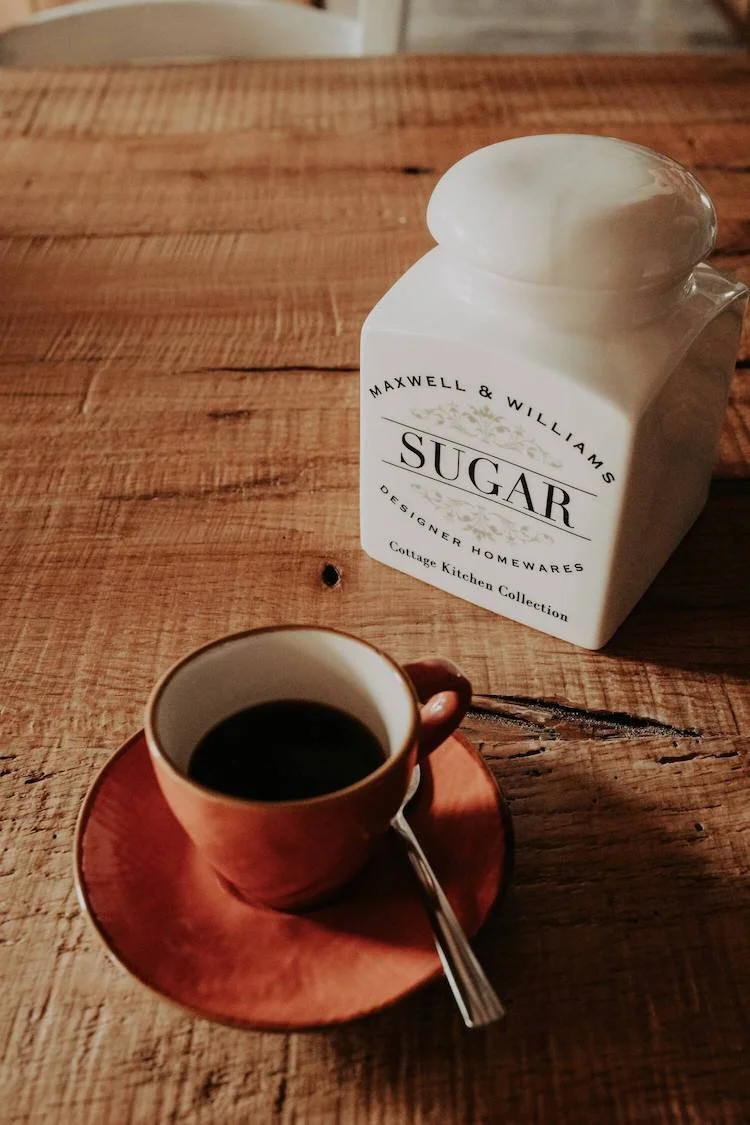What's the Difference between Organic & Conventional Bananas?
Bananas are healthy snacks enjoyed by many. There are a variety of bananas, but the yellow banana is the most popular of the modern bananas we see today. They are not only delicious but also nutritious.
Some people believe that organic bananas have more nutritional value for you than conventional bananas, while others believe that bananas are better for you.
This blog post will compare and contrast conventional bananas VS. organic bananas to help you decide which type of banana is best for you.
What are Organic Bananas
Organic bananas are grown without the use of synthetic pesticides, herbicides, or other chemicals like chemical fertilizers. Instead, organic farmers rely on natural methods to support plant growth and control pests.
Organic bananas have a reputation for being more flavorful and nutritious than their conventionally-grown counterparts. Organic foods also help to support sustainable farming practices and protect the environment, whereas non-organic food does not have the same practices set in place.
It's important to note that the use of GMO seeds or GMO ingredients is prohibited in organic products due to organic regulations. So, organic farms will never use or grow GMO foods and all organic fruits are Non-GMO.
What are Conventional Bananas?
Conventional bananas are bananas grown non-organically, meaning they may be grown with the use of pesticides or synthetic fertilizers. Conventional bananas are not technically genetically modified organisms, as bananas are propagated clonally. That means that essentially bananas are derived from a single individual plant by asexual reproduction, making them genetically identical.
Conventional Bananas vs. Organic - Which One Is Better?
Bananas are nutrient dense foods that are a good source of potassium, vitamin C, dietary fiber, and vitamin B6. Let's take a closer look at the pros and cons of conventional bananas vs. organic bananas.
Most people are familiar with the standard yellow Cavendish banana, but more than 1,000 varieties of bananas are grown worldwide. While the Cavendish makes up most of the bananas exported to North America, other popular varieties include the plantain, red banana, and Lady Finger banana.
Conventional bananas often have a longer shelf life than organic bananas. One of the main advantages of conventional bananas is that they can help farmers to reduce crop loss due to disease and pests and therefore are at a lower cost at grocery stores.
However, some people are concerned about the safety of eating GMOs. Studies show that GMO foods are safe to eat, and are FDA approved.
Recent studies comparing GMO soy beans to non-GMO soybeans consumed by rats showed that there are no adverse effects and the GMO soybeans were equivalent to non-GMO soybeans. As stated in the above section, conventional bananas are not technically genetically modified.
Organic bananas are those that have been grown without the use of pesticides or other chemicals. They often cost more than conventional bananas, but many believe they are worth the extra expense.
One of the main advantages of organic bananas is that they are less likely to contain herbicide chemicals than conventional bananas. However, organic bananas may not be as resistant to disease and pests as conventional bananas.
In terms of flavor, there is minimal difference between organic and conventional bananas. Many people say that organic bananas taste richer and sweeter than conventional bananas.
This is likely because they can ripen on the vine for longer, resulting in higher sugar content. On the other hand, conventional bananas are often picked before they are fully ripe to prevent them from bruising during transport, and they last longer in your kitchen.
So, which is better for you, conventional bananas or organic bananas? The answer will depend on your personal preference. If you prefer to shop organic produce, then go for organic bananas. But if you would like to purchase less expensive bananas, non-organic conventional bananas may be a better choice.
How To Know If The Banana Is Organic
When shopping for bananas at a grocery store it’s important to know how to tell if you’re purchasing organic or conventional bananas. Here are a few tips!
One way to tell if a banana is organic is to look at the product code system. If the code on the banana starts with 94011, it isorganic. This code is assigned specifically to organic bananas by the USDA.
You can also look for other certification labels, such as Non-GMO Project Verified or Certified Organic. These labels indicate that the banana has been certified free from genetic modification.
What Are PLU Codes?
PLU codes are barcodes used to price and label fresh produce at the grocery store. These codes are 4 or 5 digits long and can usually be found on the sticker or tag attached to the fruit or vegetable.
The numbers are used to identify the type of product, and they can also provide information about how the item was grown.
For example, a PLU code that begins with the number 9 indicates that the item is organic. In contrast, a code that begins with the number 8 indicates that it was grown using genetic engineering.
In addition, PLU codes track where produce was grown and how long ago it was harvested. As a result, these codes play an important role in ensuring that fruits and vegetables are safe for consumption and meet consumers' expectations.
The Environmental Impact Of GMO Farming
Farming has always been a delicate balance between meeting the people's demands and preserving the land. Farmers are under increasing pressure to produce more food with fewer resources as the population continues to grow.
They have attempted to meet this challenge by using genetically modified crops, or GMOs. GMO crops are resistant to herbicides and pests, which can help farmers increase yields and decrease inputs.
According to the FDA, a study of GMO Eggplants grown by farmers in Bangladesh showed that the farmers were able to yield more crops, earn more, and had less exposure to harmful pesticides.
At this times, studies with the European Food Safety Authority (EFSA) show that GMO-seeds pose no threat to the environment.
GM crops can also harm biodiversity by promoting the use of a small number of crop varieties, they can reduce the genetic diversity of plants, making them more vulnerable to disease. As we learn more about the potential risks of GMO farming, it is essential to consider the impact that it may have on the environment.
Conventionally grown bananas may be grown with the aid of synthetic pesticides, fertilizers, and herbicides, though the conventional bananas themselves are not GMO.
Should I Buy Organic or Conventional Bananas?
Both types of bananas have pros and cons, so the best option for you depends on your personal preferences and health goals.
If you're looking for a banana with a longer shelf life and less likely to spoil, conventional bananas may be the right choice for you.
However, if you prefer organic produce go with an organic banana instead. The choice is up to you! Hopefully this guide helped you better understand the difference.
Discover more ethical & sustainable brands by heading back to the main page of our Ethical & Sustainable Brand Directory. Also be sure to follow The Honest Consumer on social media for new brands & discounts!


